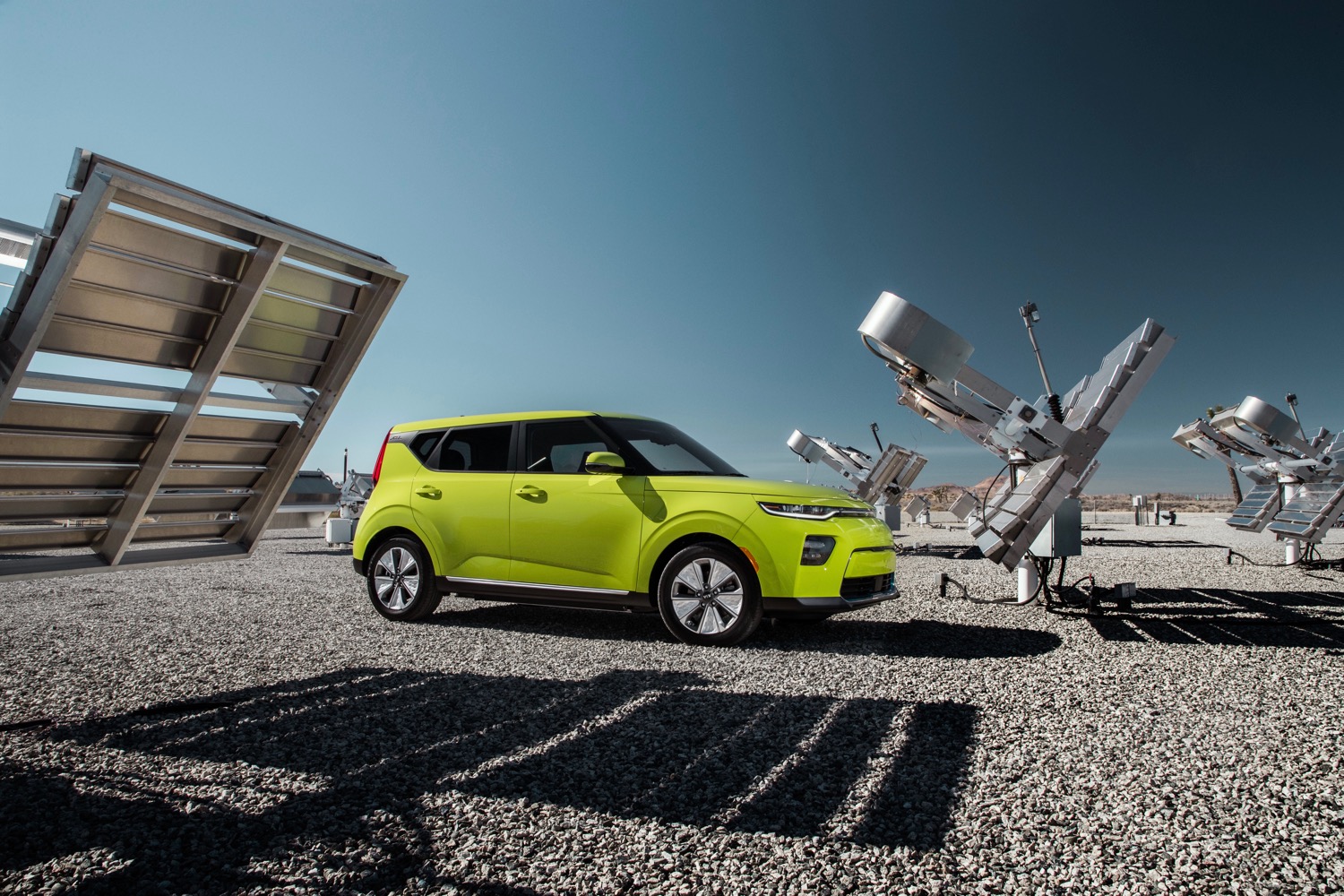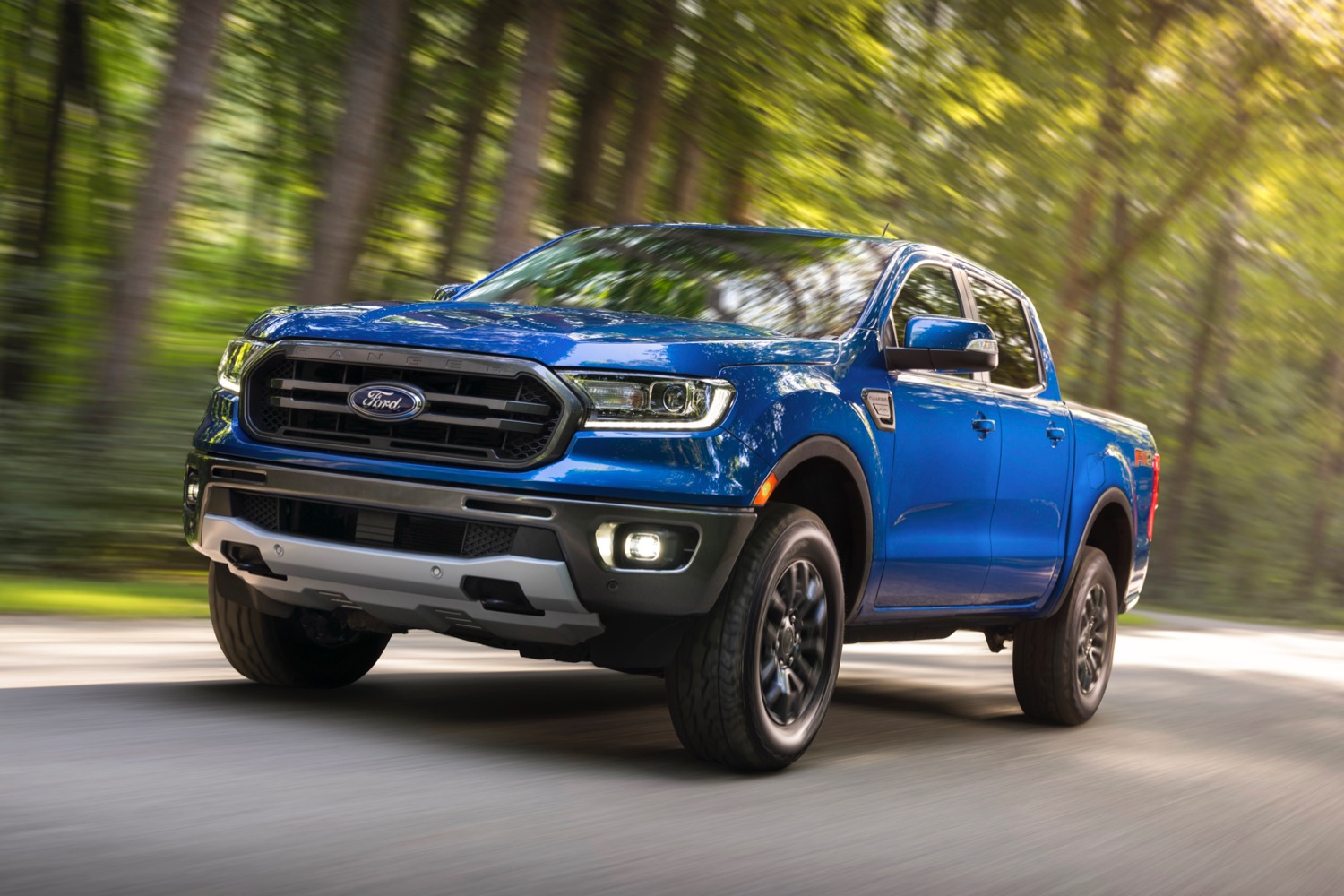All small businesses aren’t the same, so why should they use the same vehicles? Cargo vans may be a necessity to some companies, while others may just need a fuel-efficient sedan to get from place to place, or a vehicle that can easily morph from commuter car to cargo hauler? No one wants to spend hard-earned profits on vehicle maintenance, so reliability and low operating costs are essential, too. There’s no need to skimp on tech, either. With those criteria in mind, we’ve lined up the best cars for small businesses. They can do it all.
Honda Civic
The qualities that make Honda’s Civic the default choice for many retail carbuyers also make it a good choice for a business. The Civic has a reputation for reliability, and the latest generation incorporates numerous driver aids as standard equipment. The curren- generation Civic also boasts a spacious interior and refined road manners, so spending all day driving around in one won’t be too taxing. Honda offers sedan and hatchback body styles with a decent amount of cargo space (as well as a less practical coupe). Gas mileage is respectable (the 2020 Civic hatchback gets up to 34 mpg combined), and Honda offers the Civic-based Insight hybrid for even greater fuel economy.
Toyota Prius
A hybrid car will save money on fuel and help pump up your business’ green credentials. On top of that, the Toyota Prius is simply a good car. Its hatchback body style offers plenty of cargo space, and Toyota’s hybrid powertrains have withstood hundreds of thousands of miles of brutal service in taxis. The current-generation Prius has excellent road manners thanks to its Toyota New Global Architecture (TNGA) platform, and is even available with all-wheel drive. Toyota also offers a Prius Prime plug-in hybrid for even greater fuel economy. The styling of both the standard Prius and the Prius Prime isn’t for everyone, but at least it will attract attention.
Kia Soul
Speaking of getting eyeballs on your company logo, the Kia Soul has a distinctive design that’s also practical. The Soul’s boxy shape offers greater cargo-carrying flexibility than the average car, without the compromises in fuel economy and maneuverability that come with a bigger SUV. Kia also has a fairly good reputation for reliability, and has one of the best warranties in the business (a five-year, 60,000-mile, basic warranty and 10-year, 100,000-mile, powertrain warranty). A Soul EV all-electric model is also available, albeit not in all markets.
Chrysler Pacifica
They may not be considered cool, but if you need to move large quantities of people or stuff, you probably need a minivan. Chrysler invented the minivan, and today’s Pacifica is one of the best of the breed. The standard version has Chrysler’s Stow N’ Go seats, which fold into the floor to make transitioning from people to cargo easy. The Pacifica Hybrid (actually a plug-in hybrid) ditches Stow N’Go to make room for a battery pack, but at least it offers 32 miles of electric driving range, and 82 MPGe. For businesses on a budget, the Chrysler Voyager is a lower-cost version of the Pacifica with less feature content.
Ford Ranger
If your towing or hauling needs warrant a pickup truck, the Ford Ranger is a good option. It may be a truck, but the Ranger packs tech like a built-in Wi-Fi hot spot, 8.0-inch touchscreen with Apple CarPlay and Android Auto compatibility, and even Amazon Alexa connectivity. The Ranger also combines respectable towing credentials (Ford claims it can tow up to 7,500 pounds, when properly equipped) and off-road capability with car-like road manners. When you aren’t towing, the 2.3-liter turbocharged EcoBoost four-cylinder engine and 10-speed automatic transmission will also achieve decent gas mileage. Four-wheel drive Rangers are rated at 22 mpg combined, demonstrating the advantage of midsize trucks over full-size models.







